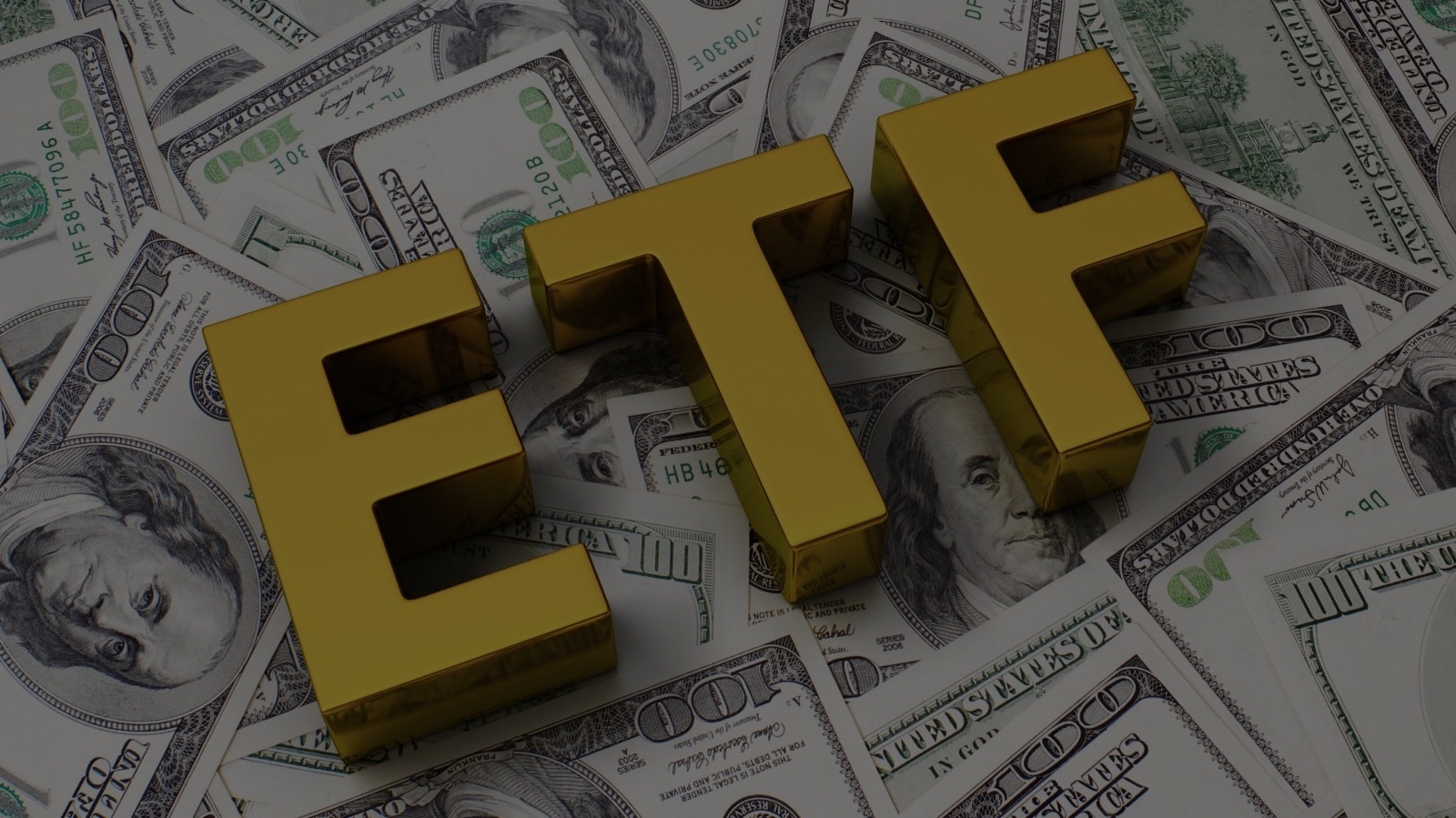ETF stands for Exchanged Traded Funds. It is a collection of many stocks/bonds that is traded under one fund, very similar to Mutual Funds; unlike Mutual Funds however, ETF is traded on the US stock exchanges with real time pricing. It is an easy and cheap way to get exposure into a sector that would otherwise be difficult to invest in. As such, ETF is a great tool to build a solid and diversified portfolio. ETFs come in many flavors. For example, there are ETFs like REMX that covers precious metals. There are ETFs like IRBO from Blackrock that give you exposure to robotics and A.I. companies. There are even ETFs like MOAT and XLF that follow Warren Buffett’s investment strategies.
Broadly speaking, the 3 primary advantages of investing in ETF are:
Easy investing
Trading ETF is very similar to trading stocks. You can buy and sell anytime the market is open. It is to be noted however that ETF may trade at a price that is higher or lower than the net individual asset value. With ETFs, you can get exposure to assets that are difficult to invest in. For example, let’s say that you believe that the value of gold will increase in the future, and you want to invest in gold. You can buy bricks of gold, jewelry, or gold coin. These methods are clearly difficult and time-consuming. With ETF, an investor can simply buy GLD, the ETF that follows the market price of gold.
Cost efficient investment
ETF can be an easy way to gain exposure to many companies and not have to pay multiple trading fees. If an investor wants to invest in the top 500 US companies, he/she can buy a share of the SPX, an ETF for the S&P 500 index, instead of buying shares of 500 different companies.
Tax efficiency
First, if an investor sells his ETF shares and realizes a profit, then taxes are due. ETF is not tax-free. The government still tax capital gains realized, either through appreciation of the net asset value, or through any dividend that may be received.
However, one of the main reason ETFs are more tax efficient is because they generally create fewer taxable events than mutual funds. The overwhelming majority of ETFs only sell holdings when the elements that compose their underlying index change. A significantly lower portfolio turnover rate means significantly fewer taxable gain incidents.
Moreover, ETFs are traded on exchanges, just like individual stocks. Typically, mutual fund shares are bought directly from, and sold directly to, the mutual fund company. This means that for an individual that is investing in a mutual fund, the choices and actions of the fund investors can affect the individual’s tax liability. If other investors in the mutual fund decide to sell, or redeem a substantial amount of shares, then the fund manager is forced to sell part of the mutual fund’s holdings to have sufficient cash to pay for the shares being redeemed. This selling of portfolio holdings will most likely result in some level of capital gains being realized. These gains are then passed on to fund shareholders who are liable for the taxes. In contrast, ETF shares are simply traded back and forth, through an exchange, between individual shareholders. Therefore, there is no need to liquidate any of the ETF’s holdings to pay sellers of ETF fund shares, and, thus, no capital gains taxes are incurred.
ETFs are tools, and like any other tools, must be well understood for it to be most effective for the investor. You have to select your ETF carefully. While many ETFs sound similar, they don’t always provide the same exposure. Two different biotech ETFs, for instance, can hold very different stocks, and their annual performance can significantly differ.

